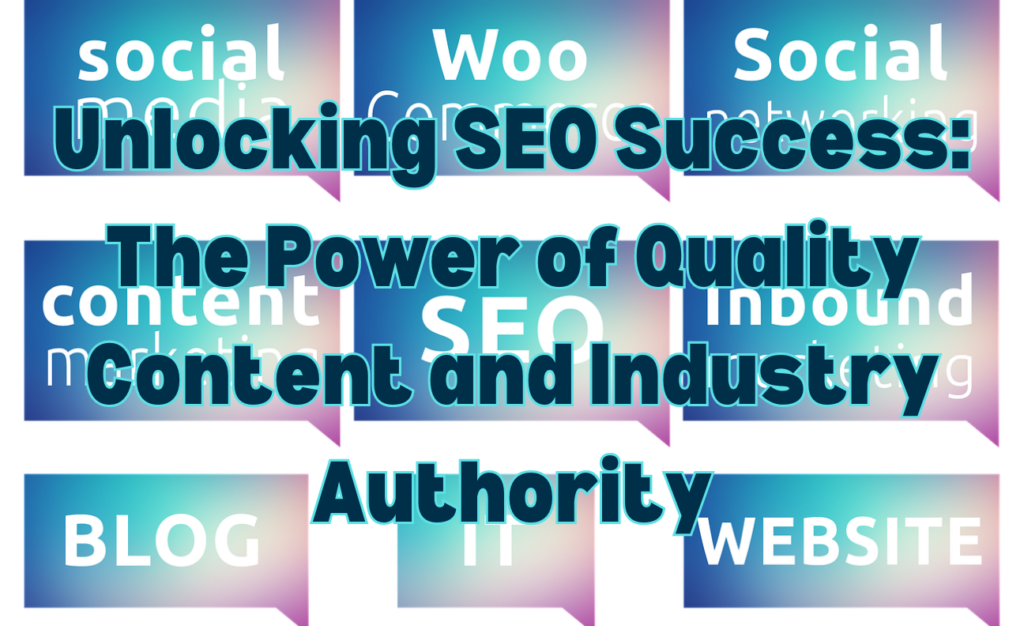In the ever-evolving landscape of home improvements, staying ahead of the curve is not just a luxury, but a necessity. As the demand for personalised, sustainable, and technology-integrated living spaces continues to rise, businesses in the home improvement sector find themselves at the forefront of innovation and adaptation.
Whether you’re in the business of blinds and shutters, kitchen renovations, flooring installations, or any related industry, understanding the latest trends and consumer preferences is key to maintaining a competitive edge.
In this blog, we will delve deeper into the current state of the home improvement industry, uncovering insights and trends that can inform and inspire businesses of all kinds.
Personalisation is Paramount
In a time where individuality reigns supreme, homeowners are seeking personalised solutions that cater to their unique tastes and lifestyles. This trend extends across all aspects of home improvement, from window treatments to kitchen layouts and flooring choices.
Customisation options, such as fabric choices, sizing flexibility, and design variations, allow homeowners to create spaces that not only reflect their personality, but also meet with their specific needs.
Therefore, businesses that offer bespoke solutions and prioritise customisation are well-positioned to be able to capitalise and benefit from this ever-growing demand.
Sustainability Takes Center Stage
With increasing awareness of environmental issues, sustainability has become a major consideration for homeowners embarking on renovation projects.
From the materials used in construction to the energy efficiency of appliances and fixtures, consumers are prioritising eco-friendly options that minimise their carbon footprint.
For example, in the blinds and shutters industry, there’s a rising demand for products made from sustainable materials, like bamboo or recycled fabrics. Similarly, in kitchen renovations, there’s a push towards energy-efficient appliances and water-saving fixtures.
Businesses that embrace sustainable practices and offer environmentally friendly products can attract eco-conscious consumers and differentiate themselves from others in the market.
Integration of Technology
Technology continues to transform every aspect of modern life, and home improvements are no exception. Smart home technology is becoming increasingly popular, allowing homeowners to automate and control various aspects of their living space remotely.
In the window covering industry, the option of motorised blinds that can be controlled via smartphone apps or voice commands are gaining traction. Likewise, in kitchen renovations, smart appliances with features like Wi-Fi connectivity and touchscreen interfaces are becoming more and more common.
This means that businesses that incorporate technology into their products and services can easily cater to the growing demand for convenience and connectivity in the home.
Focus on Wellness and Comfort
As the concept of home evolves to encompass not just a living space but a sanctuary for well-being, homeowners are prioritising comfort and wellness in their renovation projects.
This trend is driving demand for features that enhance comfort and promote health, such as ergonomic kitchen designs, noise-reducing window treatments, and flooring options that are easy on the joints.
In the blinds and shutters industry, there’s a growing interest in blackout blinds that provide optimal light control for better sleep quality. Similarly, in flooring, there’s a shift towards softer materials, like cork or rubber, that offer better cushioning and shock absorption.
Therefore, businesses that openly prioritise wellness-oriented solutions can appeal to health-conscious consumers seeking to create a harmonious and relaxing living environment.
Online Presence and Digital Marketing
In today’s dominating digital age, establishing a strong online presence is essential for home improvement businesses looking to reach and engage with customers effectively.
A well-designed website with informative content and high-quality images can showcase products and services in their best light. Additionally, social media platforms provide opportunities for businesses to connect with customers, share inspiration, and gather valuable feedback.
Moreover, online reviews and testimonials can help build trust and credibility with potential customers. And also,effective digital advertising allows businesses to target specific demographics and reach audiences beyond their local area.
Therefore, by leveraging digital marketing channels effectively, home improvement businesses can expand their reach, build brand awareness, and drive sales in a competitive marketplace.
In conclusion
The home improvement industry is undergoing a period of rapid transformation driven by changing consumer preferences, technological advancements, and societal trends.
Businesses that embrace these changes and adapt accordingly stand to thrive in this dynamic landscape. By offering personalised, sustainable, and technology-integrated solutions that prioritise comfort and wellness, home improvement businesses can meet the evolving needs of today’s homeowners with ease and style.
Moreover, establishing a strong online presence and leveraging digital marketing strategies means that businesses can effectively reach and engage with customers in an ever increasing digital marketplace.
Therefore, by staying wisely attuned to the latest trends and innovations, home improvement businesses can position themselves for long-term success in their respective industries.










